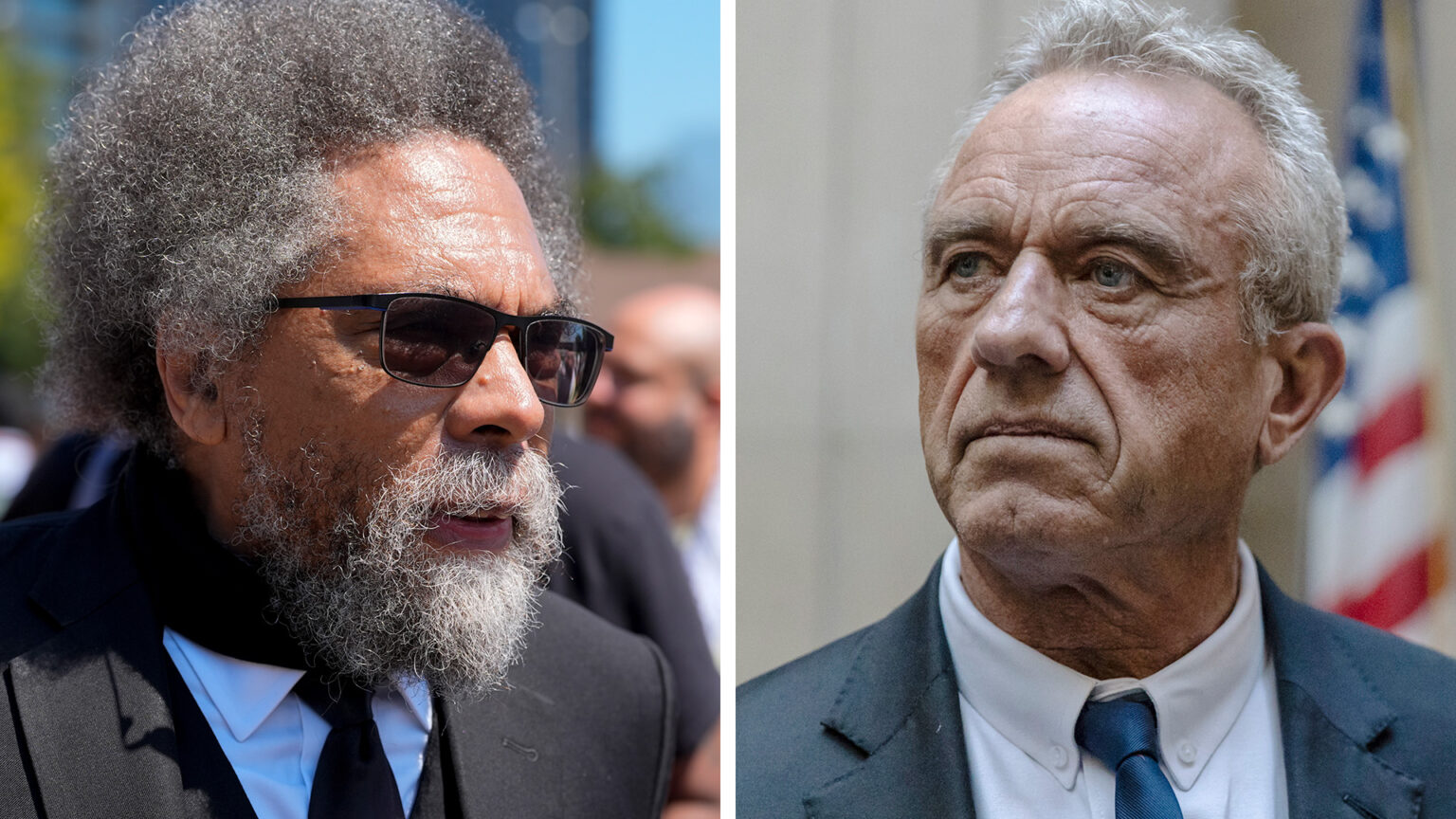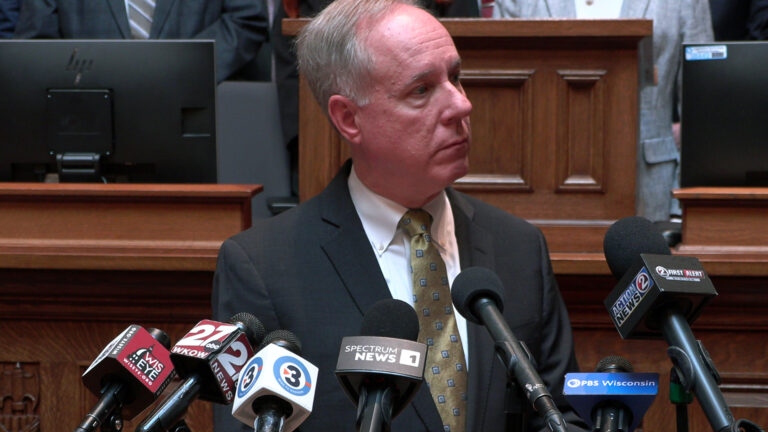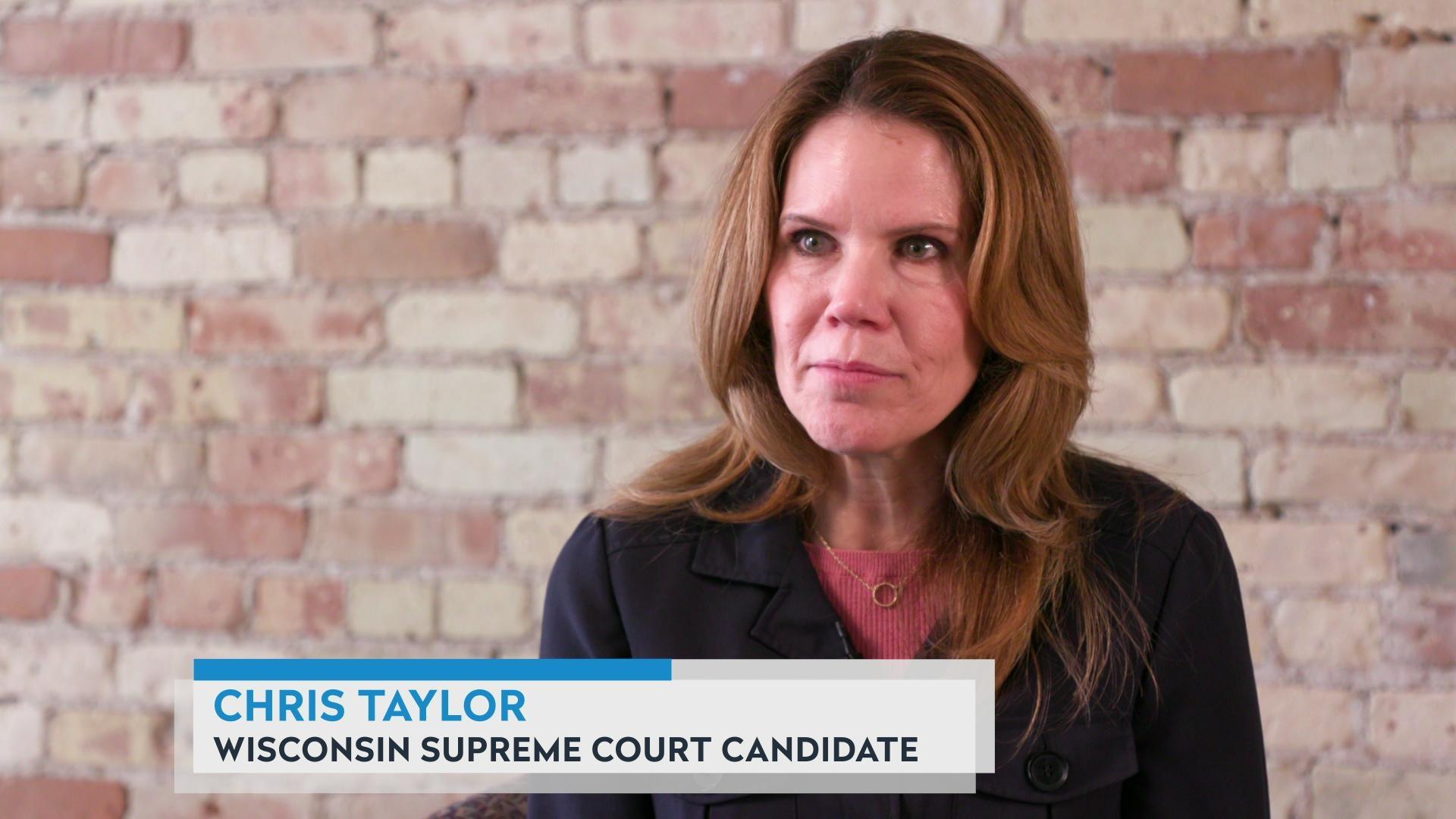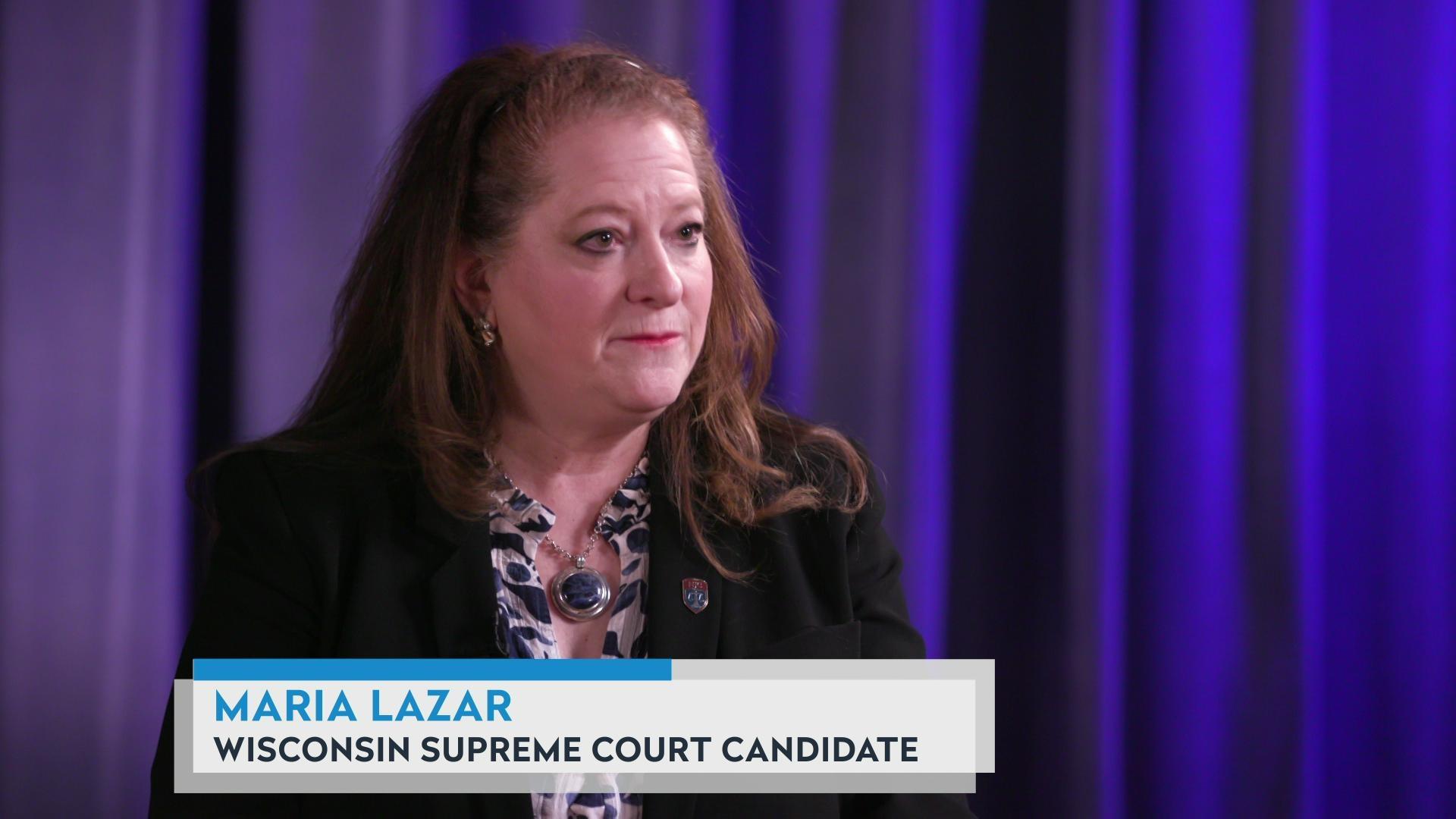Robert F. Kennedy Jr., Cornel West approved for Wisconsin's 2024 ballot after attempts to remove them fail
The Wisconsin Elections Commission voted to keep Robert F. Kennedy Jr. on the battleground state's 2024 presidential ballot, despite his request to be removed, and rejected a Democratic attempt to oust independent candidate Cornel West.
Associated Press
August 27, 2024

At left, progressive activist Cornel West watches a demonstration prior to a march to the Democratic National Convention on Aug. 19, 2024, in Chicago. At right, Robert F. Kennedy Jr. speaks to reporters at the Nassau County Supreme Court on Aug. 21, 2024, in Mineola, New York. (Credit: AP Photo / Alex Brandon and AP Photo / Stefan Jeremiah, Pool)

MADISON, Wis. (AP) — The Wisconsin Elections Commission voted Aug. 27 to keep Robert F. Kennedy Jr. on the presidential ballot, despite his request to be removed, and also rejected a Democratic attempt to oust independent candidate Cornel West.
A move by Democratic elections commissioners to keep Green Party candidate Jill Stein off the ballot also failed. The vote to approve her came the day after the Wisconsin Supreme Court rejected a lawsuit by Democrats to remove Stein from the ballot.
Ultimately, the commission approved eight presidential candidates for the ballot in Wisconsin: Democrat Kamala Harris; Republican Donald Trump; Randall Terry of the Constitution Party; Chase Oliver of the Libertarian Party; Claudia De la Cruz of the Socialism and Liberation Party; and Kennedy, West and Stein.
The commission did oust one presidential candidate — independent Shiva Ayyadurai — an anti-vaccine activist who was born in India to parents who weren’t United States citizens. The U.S. Constitution requires presidential candidates to be natural born U.S. citizens.
Kennedy’s campaign sent the Wisconsin Elections Commission a letter dated Aug. 23 asking that his name be removed from the ballot. Although Kennedy has said he would try to remove his name from the ballot in battleground states, he has made clear that he wasn’t formally ending his bid and said his supporters could continue to back him in the majority of states where they are unlikely to sway the outcome.
Republican members of the commission pushed to grant Kennedy his wish to no longer be on the ballot after he suspended his campaign and endorsed Trump. But the commission deadlocked under opposition from Democrats who pointed to Wisconsin state law that says once a candidate has filed for office, they must remain on the ballot unless they die.
“We know Trump and Kennedy are playing games,” Democratic elections commission member Mark Thomsen said. “Whatever games they’re playing, they have to play them with Kennedy on the ballot.”
Republican commissioner Don Millis said he struggled with the state law requiring candidates to be on the ballot once they have filed. After his motion to remove Kennedy failed on a 3-3 vote, Millis and one other Republican commissioner sided with all three Democrats in voting to place Kennedy, West and De la Cruz on the ballot as independents.
Republican commissioner Robert Spindell, a Trump supporter who served as a fake elector for him in 2020, cast the lone no vote.
The commission voted 4-2 to approve Trump, Harris, Terry, Russell and Stein for the ballot. Two Democratic members voted against it, citing concerns raised in the lawsuit challenging whether Stein had met qualifications to be on the ballot.
The presence of independent and third party candidates on the ballot could be a key factor in a state where four of the last six presidential elections have been decided by between 5,700 votes and about 23,000 votes.
In 2016, Stein got just over 31,000 votes in Wisconsin — more than Trump’s winning margin of just under 23,000 votes. Some Democrats have blamed her for helping Trump win the state and the presidency that year.
Ayyadurai’s candidacy was challenged by Mike Hoffman, an employee of the Republican National Committee.
Ayyadurai was born in India, immigrated to the U.S. at age seven and became a naturalized citizen at 20. That made him eligible to run for other offices, including for the U.S. Senate in Massachusetts in both 2018 and 2020.
Ayyadurai, who represented himself on Aug. 27, did not refute the fact that he was born in India, but instead argued that the Wisconsin Elections Commission didn’t have the legal authority to remove him from the ballot.
The commission voted 5-1 to remove him without discussion.
An employee of the Democratic National Committee challenged West’s ballot status, claiming that his nomination papers were not properly notarized. West argued that his nomination papers were substantially in compliance with the law.
The commission rejected the complaint on a 5-1 vote, siding with West.
West, a left-wing academic and progressive activist, is at the center of multiple legal and political battles as Democrats and Republicans seek to use the impacts of third-party candidates who could take support from their opponents.
Republicans and their allies have worked to get West on the ballot in Wisconsin and other states in the hope that West will help boost Trump’s chances of winning by pulling support from Harris. West does not need to win a state to serve as a spoiler candidate — a few thousand votes in battleground states could be decisive.
 Passport
Passport











Follow Us